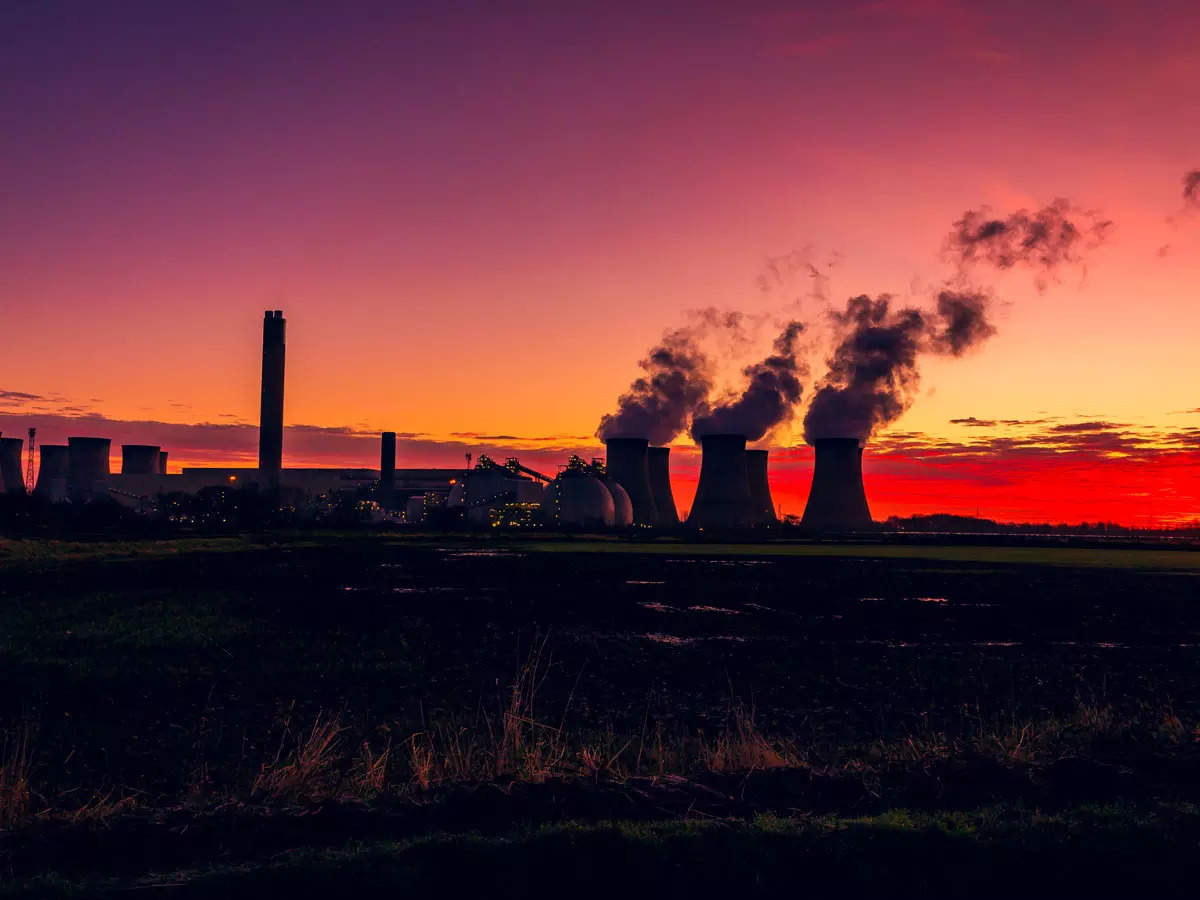
The government should provide capital grants to early carbon capture, utilisation, and storage (CCUS) projects, include CCUS in the national climate action plan, and help develop the carbon market, with a long-term objective to develop India as a carbon storage hub, an official panel has recommended in its draft report.
The panel, comprising petroleum ministry officials, industry executives and academics has submitted a draft titled “2030 Roadmap for CCUS for Upstream Exploration & Production Companies” and is seeking comments from stakeholders.
“Given that the world is still in the early stages of the CCUS revolution, India has a once-in-a-generation opportunity to emerge as a global CCUS innovation hub,” the draft said. “Key enablers to achieving this will include incentives and R&D subsidies for the private sector to help position India as a global tech and entrepreneurial hub.”
The panel has also proposed directing oil and gas producers to set net-zero targets with clear roadmaps.
The draft recommends providing funds to support capital and operating costs for 5-10 demonstration projects while suggesting that a rapid scale-up will require a shift to market-based measures. It has also recommended creating a fund by pooling resources from both public and private sectors to support CCUS projects.
An official task force had earlier identified enhanced oil recovery (EOR) and enhanced coal-bed methane recovery (ECBMR) as initial pathways for the large-scale implementation of India’s CCUS strategy.
The draft has recommended exemption from cess and royalty for upstream players undertaking EOR projects using carbon dioxide injection and tax credit for industries engaged in carbon capture.
ONGC has already identified an EOR project at its Gandhar field in Gujarat, which will use CO2 captured at and shipped from Indian Oil’s Koyali refinery in the state. The draft has identified several reservoirs in Gujarat, Assam and other places for carbon storage.
The report has also proposed hub and cluster networks to connect multiple emitters with storage locations through common transport infrastructure. “This will not only reduce costs and risks but also facilitate and encourage greater volumes of CO2 capture”, the panel said, proposing Bharuch district in Gujarat as an “ideal” location.
The draft has recommended proper policy measures to address the long-term risk associated with the storage of CO2, which could migrate or leak out many years or decades after the operation is stopped.
